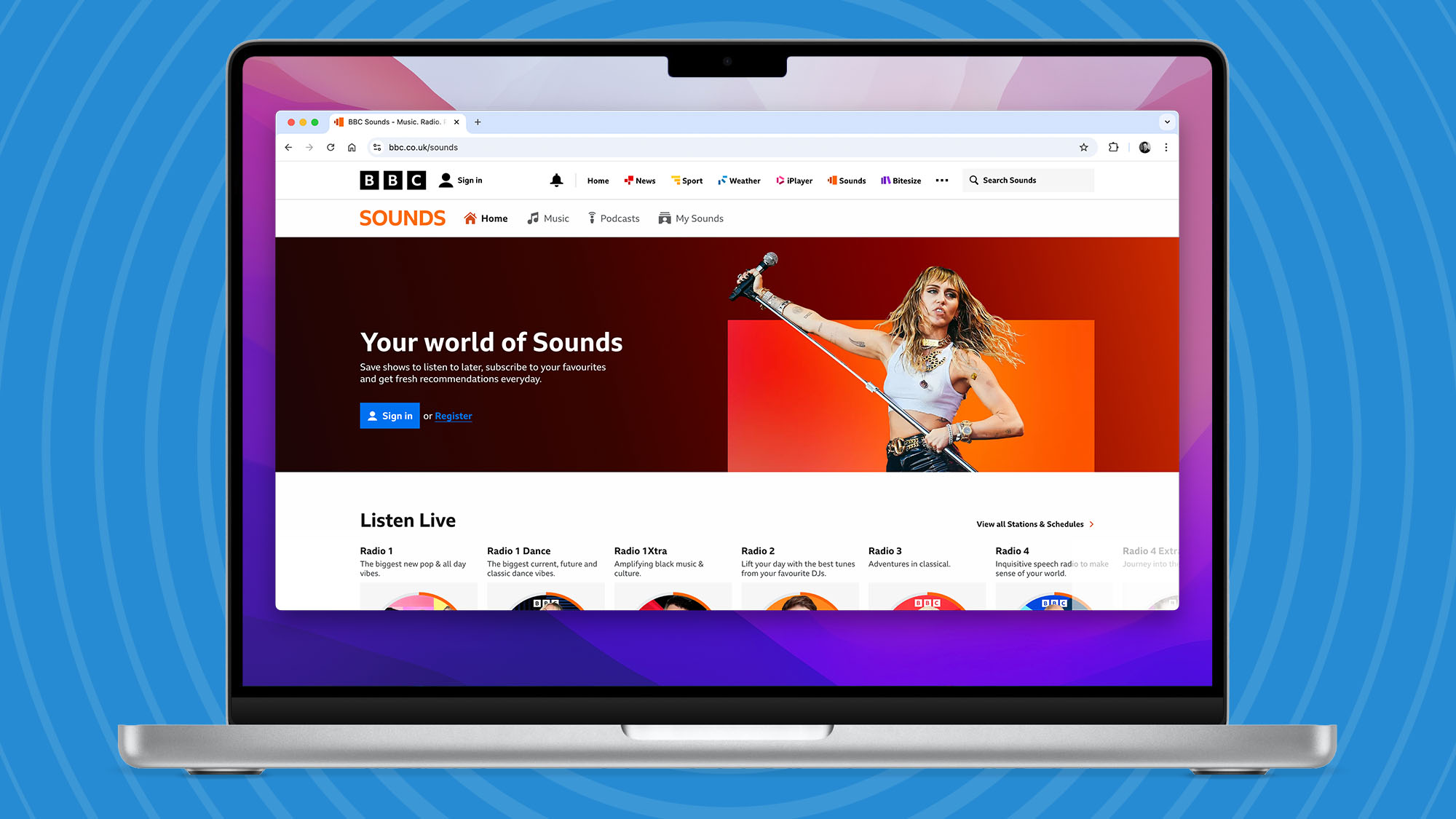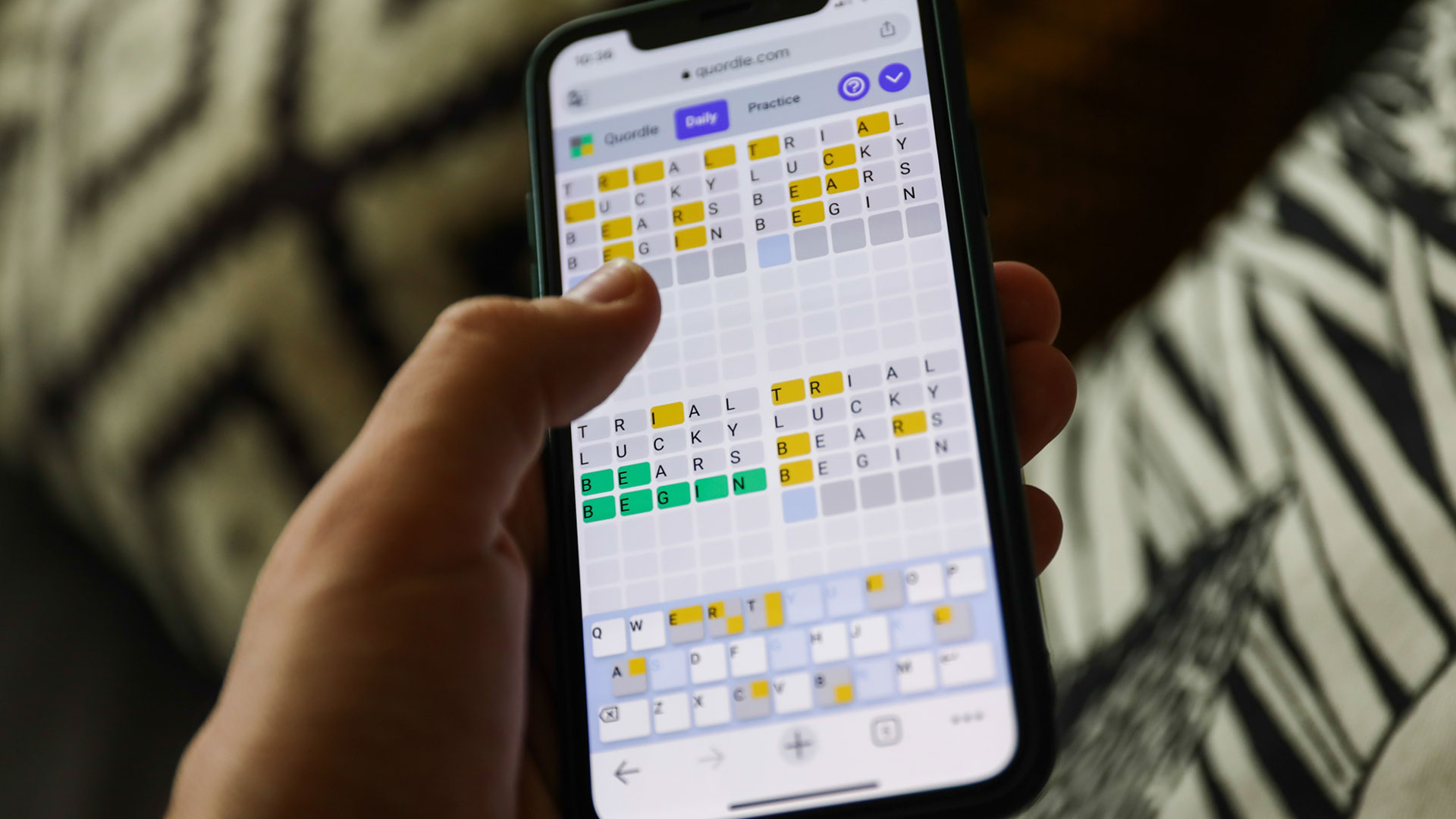The BBC is using AI to generate subtitles, and it’s about time

The hugely popular BBC Sounds audio platform is trialing new AI-generated subtitles that play along with shows, and full transcripts, via its website and app. The three-month trial is currently restricted to a handful of shows – In Touch, Access All, Profile, Sporting Witness, and Economics with Subtitles.
So, when listening to these specific shows via the website right now, you’ll see a new subtitles button in the playbar. Click this and the AI-generated subtitles will play along with the audio.
The BBC is also expanding the trial to the BBC Sounds app, on Android first, and later on iOS. So, in the app you’ll see the same subtitles icon appear in the playbar when listening to these particular shows. It works slightly differently, however. Subtitles will scroll up the screen, and the words being spoken are highlighted as the presenter and guests say them.
The BBC is using a speech-to-text AI called Whisper AI for the trial, after which there will be a review to determine how well it has worked. If the BBC deems the project a success then (we hope) it will start rolling out the subtitles to even more shows.
Why so long?
What’s odd is that many podcast apps embraced AI for adding subtitles a long time ago. Spotify, for instance, actually added an automatic transcript to its podcasts way back in 2023, with a Read Along feature that brings up subtitles as the podcast plays, and highlights each word as it’s being said. Apple added transcripts to Apple Podcasts earlier this year.
While the trial is in progress the BBC is going to get a human editor to check each transcript before it’s uploaded, rather than trust artificial intelligence to produce flawless transcripts. The BBC’s reluctance to commit fully to AI-generated transcripts, and preferring to run a trial, is emblematic of the caution with which people generally approach AI.
Given many people’s fears over what AI could means for jobs in the future, it’s understandable that the BBC is being cautious, but the simple fact is that BBC Sounds produces approximately 27,000 hours of content each month, much of which is difficult to access for the approximately 18 million people in the UK who have hearing loss or tinnitus, not to mention its considerable worldwide audience, and it would be impossible to transcribe all that material manually.
In its own way, the BBC is slowly being dragged into the future and embracing AI, but we’re pleased to see that it’s making good use of the exciting new technology.


